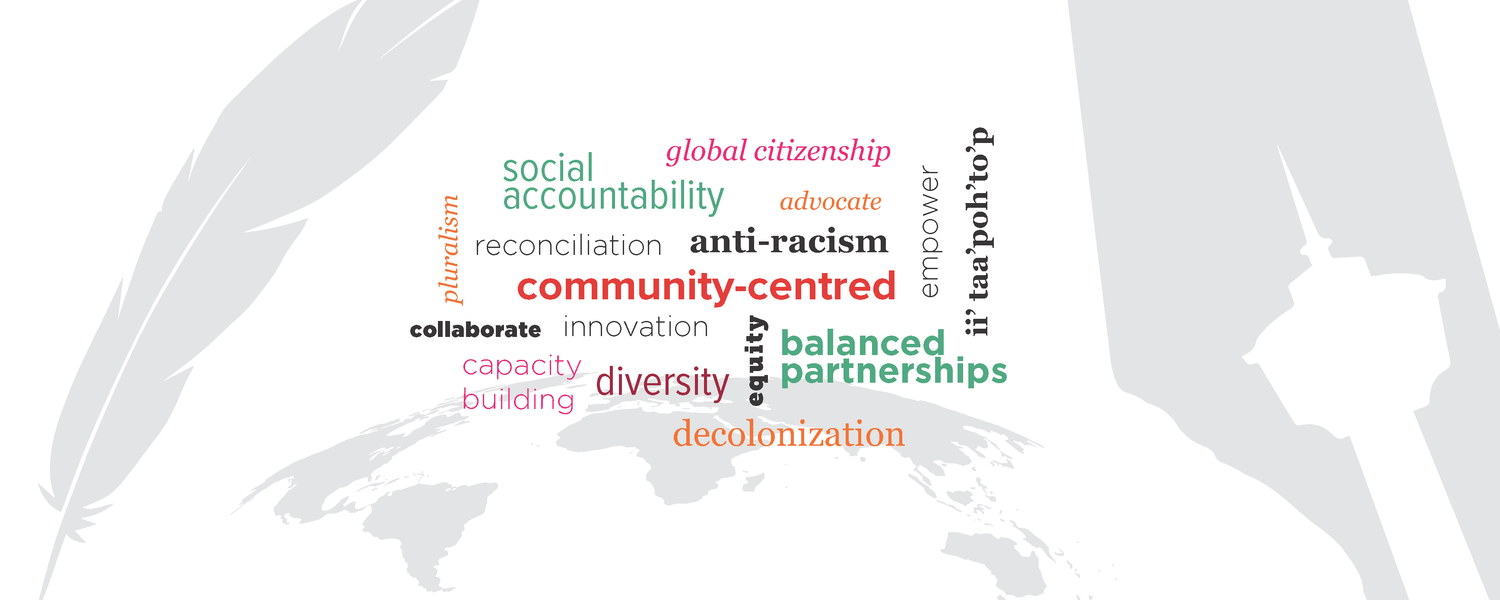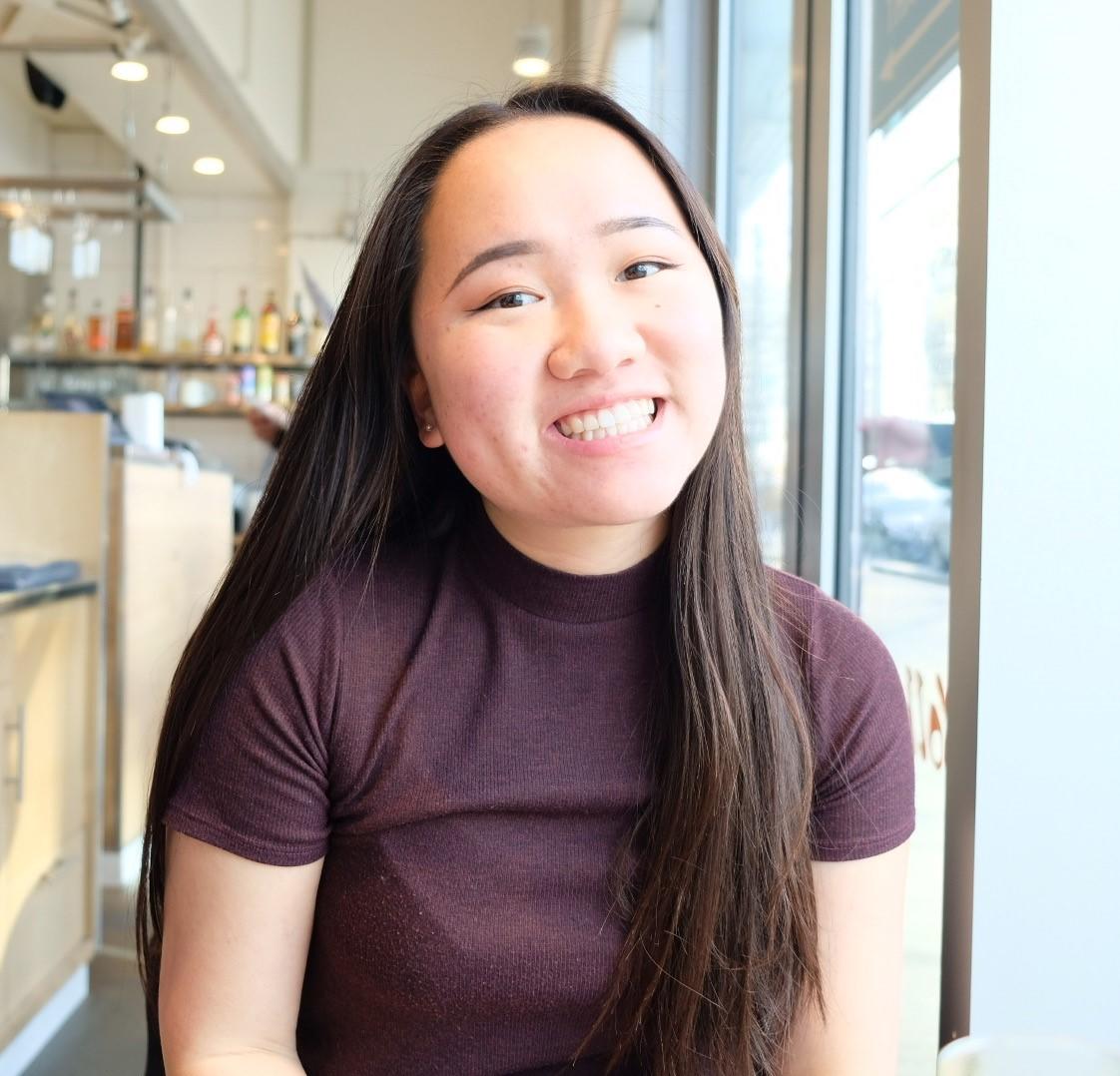
Student Reflection
Community Engaged Learning Studentship
The summer of 2020, I had the unique opportunity to work with the Indigenous, Local & Global (ILGH) Office as a summer research student. In my position, I worked with staff and faculty to develop assessment frameworks and community-engaged learning opportunities for medical students at the Cumming School of Medicine. As a medical student myself, I found it meaningful to be able to observe and contribute to the institution’s ongoing work of embedding community engagement and social accountability into their mandate. In addition, the opportunity to work “behind-the-scenes” in curriculum development enabled me to foster new skills and understandings, as well as an interest in pursuing graduate studies and career opportunities in medical education in the future.
Community-engaged learning, or CEL, is a type of experiential learning that occurs in the context of reciprocal partnerships between post-secondary institutions and community organizations. While I was somewhat familiar with the concept of CEL from my undergraduate studies, this research experience transformed my understanding of what it means to build a truly reciprocal campus-community partnership. A big “a-ha” moment for me was when I was able to reframe my understanding of the community as not only a partner in CEL, but as a co-educator alongside the academic institution. This new perspective necessitates that community organizations have a “seat at the table” when it comes to sharing and generating knowledge, designing curricula, and evaluating student outcomes.
My work in the ILGH Office also introduced me to the concept of cultural humility. This term has its roots in cultural competency, an established field which calls upon healthcare providers to modify their knowledge and behavior to better serve diverse patient populations. Whereas cultural competency is sometimes criticized for its oversimplified nature, cultural humility goes further to describe an awareness of oneself [the physician] as a learner and an ongoing commitment to critical self-reflection. As a medical student, this concept particularly resonated with me, allowing me to understand the importance of self-reflection in tackling my own biases and building respectful and trusting relationships with patients.
The past two months have been incredibly meaningful to my personal and professional aspirations, enabling me to develop a deeper understanding of community engagement, partnership development, and social accountability in medical schools. Beyond knowledge, this experience has also allowed me to develop new perspectives and a greater capacity for self-reflection, attributes I will undoubtably carry forward into my future career.
- Katherine | Biomedical Sciences | Bachelor of Health Sciences

